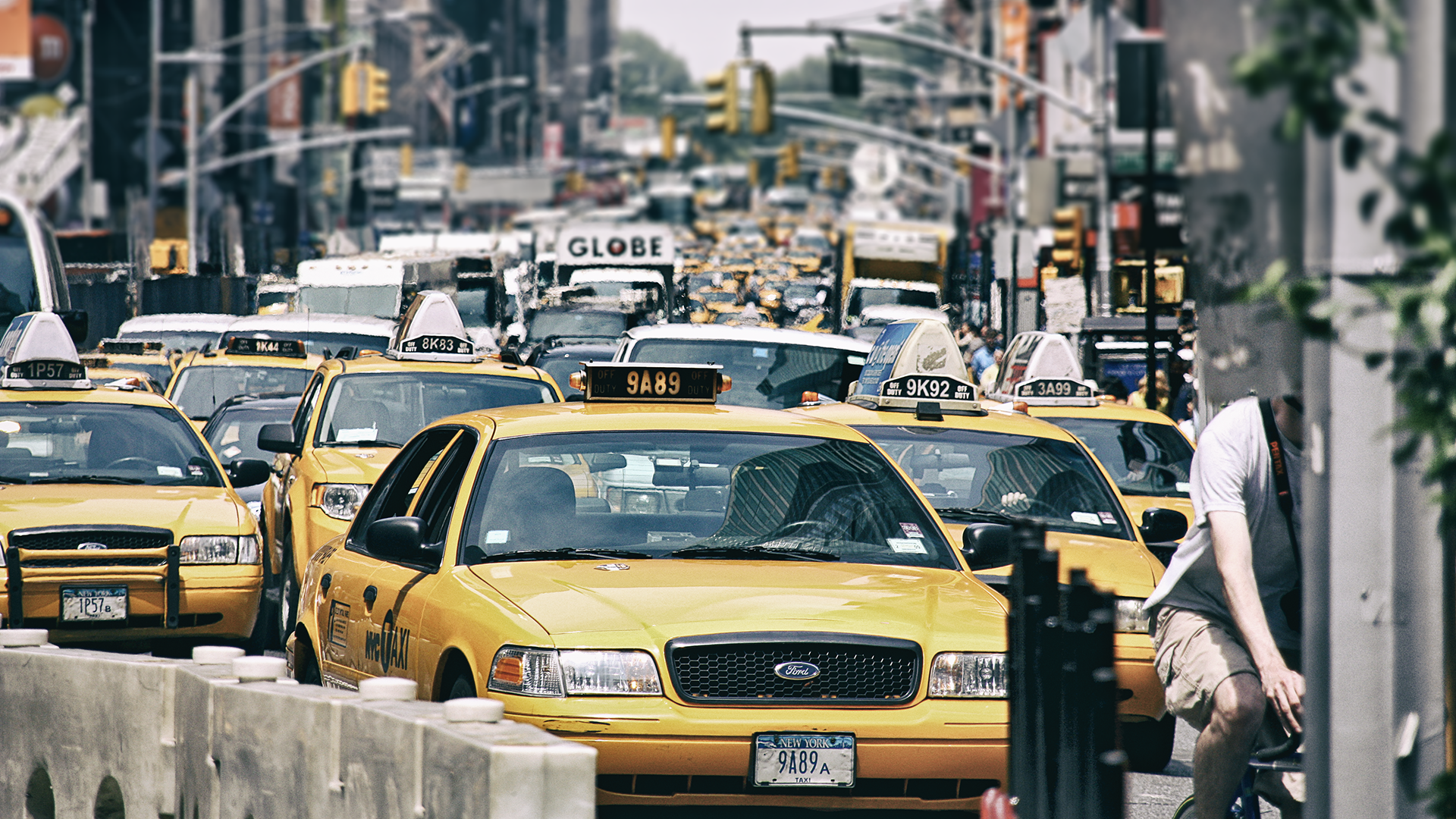Self-driving taxis could be really, really good for the planet
Taxis don't need to be taxing

Climate researchers studying the impact of autonomous vehicles have published a study that shows that self-driving electric taxis could dramatically reduce the greenhouse gas emissions associated with transport in cities.
The analysis, from the Lawrence Berkeley National Laboratory in the United States, found that the per-mile emissions of an autonomous, electric taxi would be between 63% and 82% lower than a privately-driven hybrid vehicle and 90% lower than a traditional petrol-powered car.
"When we first started looking at autonomous vehicles, we found that, of all the variables we could consider, the use of autonomous vehicles as part of a shared transit system seemed to be the biggest lever that pointed to lower energy use per mile," said Jeffery Greenblatt, who co-authored the study.
'The cheapest is also the greenest'
Surprisingly, most of that saving is thanks to "right-sizing" - where the size of the taxi you get is tailored to the number of people travelling. A single passenger would need a much smaller, and therefore more efficient, vehicle. "Most trips in the US are taken singly, meaning one- or two-seat cars would satisfy most trips," Greenblatt said.
"That gives us a factor of two savings, since smaller vehicles means reduced energy use and greenhouse gas emissions."
There's a stack of other efficiency gains factored into the calculations too, though. The ability to drive closely behind other autonomous cars to reduce wind resistance, optimally routing the trip, and smoother acceleration and braking are all small effects but add up. By 2030, it's expected that more renewable energy will be available, too, emitting less carbon.
Those efficiency gains translate into cost savings too. If a vehicle travels 40,000 to 70,000 miles in a year (a typical number for a US taxi) then electric vehicles - despite their higher cost - become cheaper due to the per-mile cost of fuel. "You don't often find that, where the cheapest is also the greenest," Greenblatt said.
Get daily insight, inspiration and deals in your inbox
Sign up for breaking news, reviews, opinion, top tech deals, and more.
If just five percent of US vehicle sales in 2030 shifted to this model, it would reduce annual greenhouse gas emissions by between 2.1 and 2.4 million metric tonnes - the equivalent of building more than 1,000 two-megawatt wind turbines.
The results of the study were published in the journal Nature Climate Change.
Image credit: Tomás Fano // CC BY-SA 2.0
